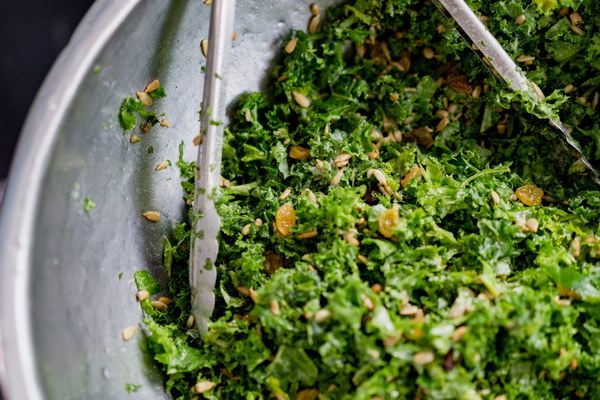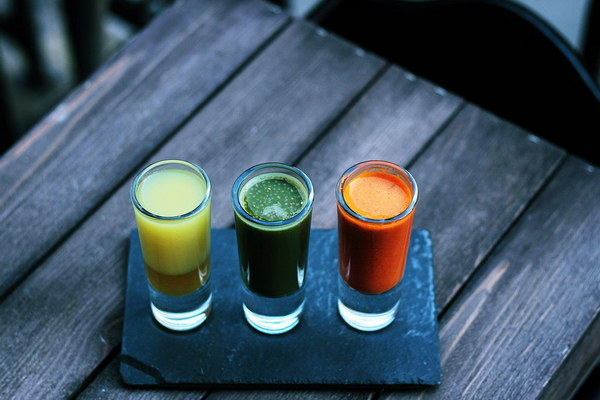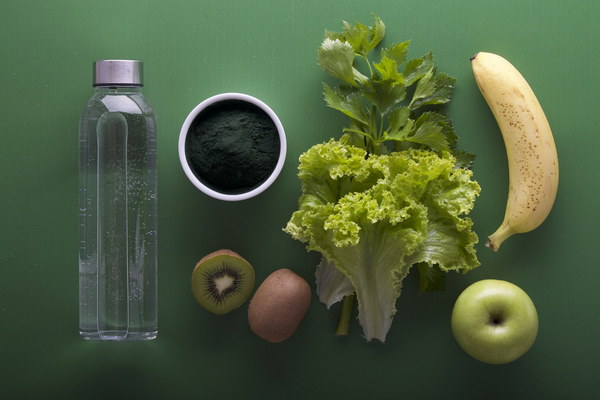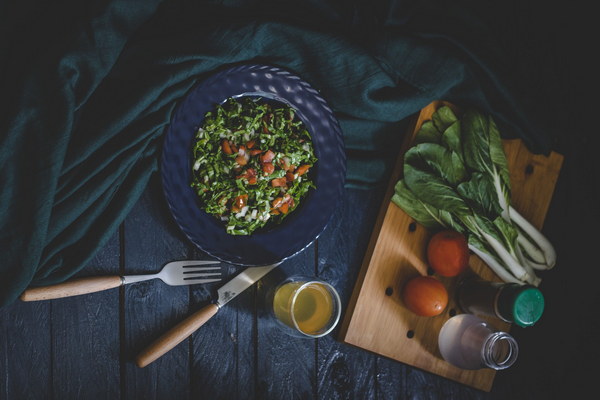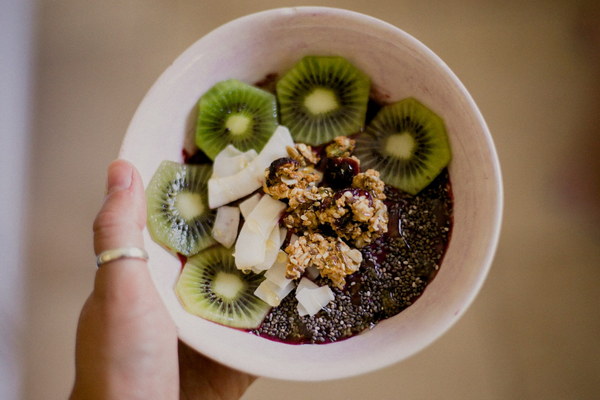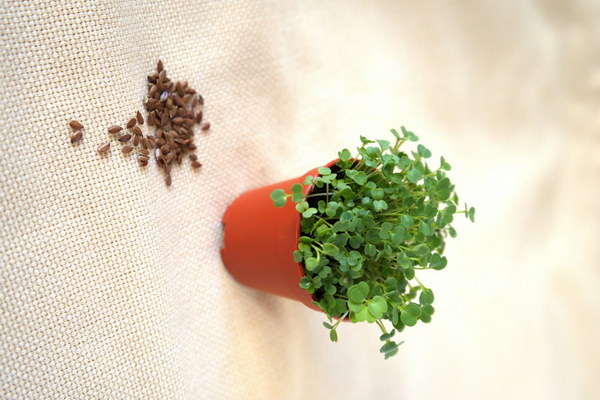Natural Remedies and Diet Tips for Dealing with Food Poisoning and Vomiting in Children
Introduction:
Food poisoning can be a challenging experience for children, often accompanied by symptoms such as vomiting, diarrhea, and abdominal pain. While medical attention is essential, it's also important to provide your little one with a diet that supports their recovery. In this article, we'll explore natural remedies and diet tips for dealing with food poisoning and vomiting in children.
1. Hydration:
One of the most critical aspects of treating food poisoning is maintaining hydration. Encourage your child to drink small amounts of fluids frequently. Water, clear broths, and oral rehydration solutions are ideal choices. Avoid giving them sugary drinks or milk, as these can worsen their symptoms.

2. BRAT Diet:
The BRAT diet, which stands for bananas, rice, applesauce, and toast, is a go-to for soothing an upset stomach. These foods are gentle on the digestive system and can help absorb fluids, reducing diarrhea. Start with bananas, as they are rich in potassium and can help replenish the electrolytes lost during vomiting.
3. Small, Frequent Meals:
Encourage your child to eat small, frequent meals instead of large ones. This approach allows the digestive system to rest and recover without overwhelming it. Offer them soft, easily digestible foods like mashed potatoes, cooked carrots, or boiled chicken.
4. Ginger:
Ginger is known for its anti-inflammatory properties and can help alleviate nausea and vomiting. You can offer your child ginger tea or add a small amount of fresh ginger to their food.
5. Peppermint:
Peppermint is another natural remedy that can help alleviate nausea. Peppermint tea or peppermint oil can be used topically or inhaled to relieve symptoms.
6. Avoid Certain Foods:
During the recovery period, it's best to avoid certain foods that can irritate the stomach, such as spicy, greasy, or fried foods. Also, steer clear of caffeine, alcohol, and carbonated drinks, as they can worsen symptoms.
7. Probiotics:
Probiotics can help restore the balance of good bacteria in the gut, which may have been disrupted due to food poisoning. Look for probiotic-rich foods like yogurt, kefir, or fermented vegetables. However, it's essential to consult with your pediatrician before introducing probiotics to your child's diet.
8. Monitor Their Condition:
Keep a close eye on your child's condition. If they have signs of severe dehydration, such as dry mouth, decreased urination, or dizziness, seek medical attention immediately.
Conclusion:
Food poisoning can be a distressing experience for children, but with proper care and attention, you can help them recover quickly. By focusing on hydration, gentle foods, and natural remedies, you can support their healing process. Remember to consult with your pediatrician if you have any concerns or if your child's symptoms persist.

